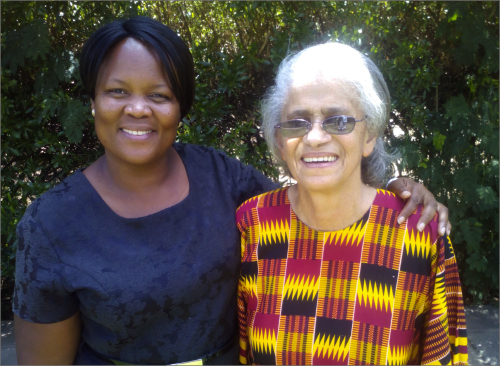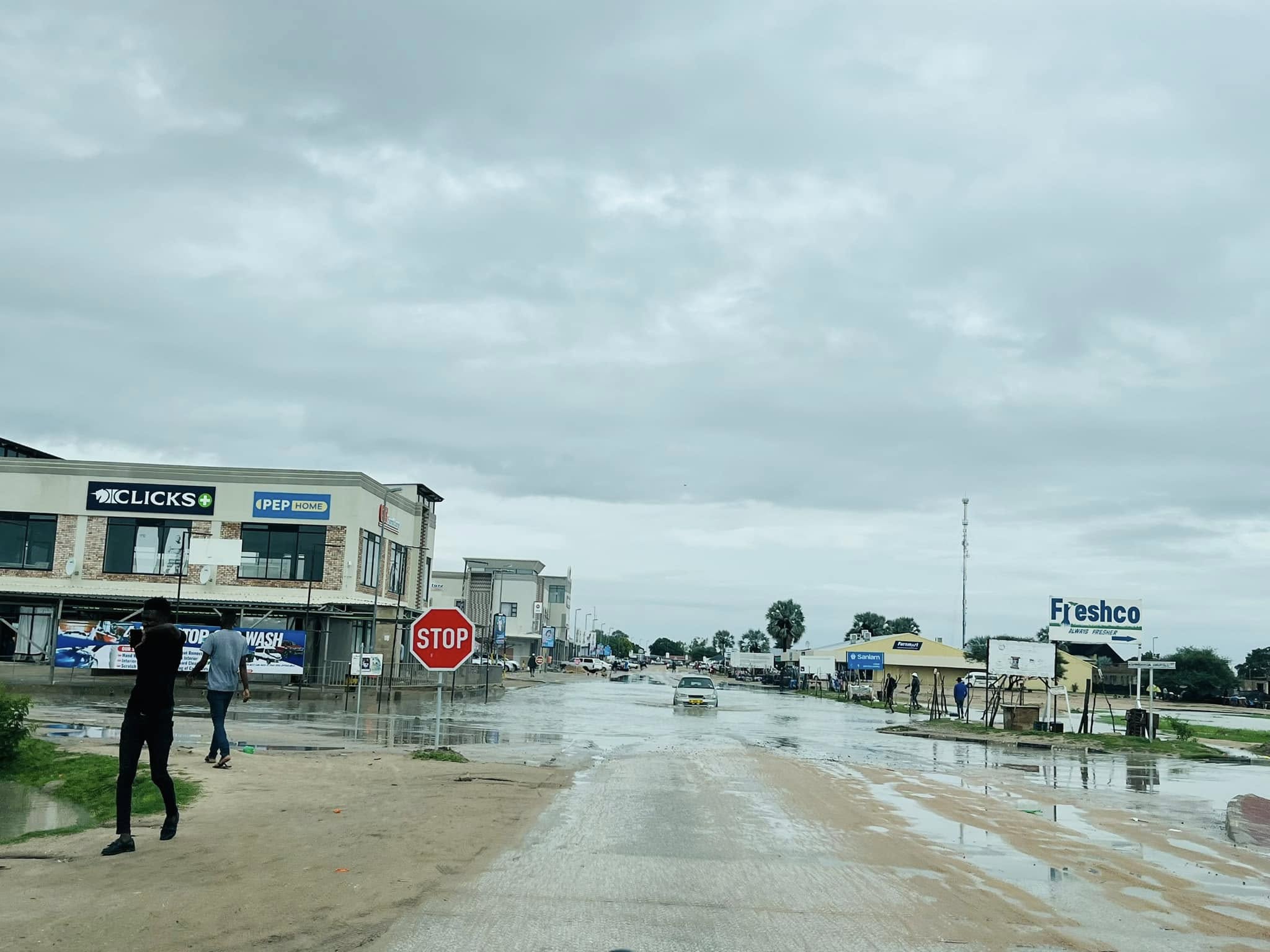THE discerning factor of Jakob Marengo Secondary School is that it was built on a system of alternative learner-centered education as opposed to the Bantu Education system.
So said Ottilie Abrahams, the principal of the school, at a recent event during which the school commemorated its 30th birthday.
At the moment, the school has 970 learners from Grade 10 to Grade 12. Its 25 teachers hail from Namibia, Angola, Nigeria, Zambia and Zimbabwe, the Democratic Republic of Congo (DRC) and South Africa.
The school was established in January 1985 by the joining of hands between the Khomasdal Civic Association and the Namibian Women’s Association.
Abrahams explained that the school was named after a liberation fighter. “Jakob Marengo was an exceptional person. A historian described him as the ‘Black Napoleon’ and he is regarded as the intellectual source of the attacks against the colonial power at the time. He was not interested in restoring any chieftainship, but he consistently tried to unite all the people against the enemy.”
Moreover, she said, Marengo was fluent in English, Afrikaans, German, Otjiherero and Damara/ Nama.
According to the legendary principal, the school’s philosophy is premised on participatory democracy, critical thinking, non-sexism, responsibility and reciprocity as well as self-discipline.
“These values are intended to produce people who will understand that they are their own liberators. Once they become adults, they will insist on participating actively in their own governance and become citizens who will work ceaselessly to make the world a better place for humanity as a whole.”
Immaculate Mogotsi, a researcher at the University of Namibia, fondly remembers her time as a Jakob Marengo Secondary School learner.
“Jakob Marengo was always an alternative school – alternative in the sense that we did not wear school uniform. Although it was a private school it catered for the less privileged, like children who were involved in school riots because of the political climate at the time.”
The school also catered for children who could not attend a mainstream school. This included teenage girls who fell pregnant and the needy and less privileged, Mogotsi emphasised.
She attributes the success of the school to teachers who work hard and students who realise they had been given a second chance, and self-discipline.
Political consciousness runs like a thread through the school, Mogotsi said.
What was particularly significant for her own growth and emancipation was teachers who “drilled it into the heads of girls that they need to study and to get out of the mindset that the man will provide. That contributed to my breakthrough. It encouraged me to work hard and set goals for myself and make sure I passed.”
Stay informed with The Namibian – your source for credible journalism. Get in-depth reporting and opinions for
only N$85 a month. Invest in journalism, invest in democracy –
Subscribe Now!










